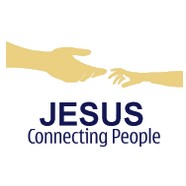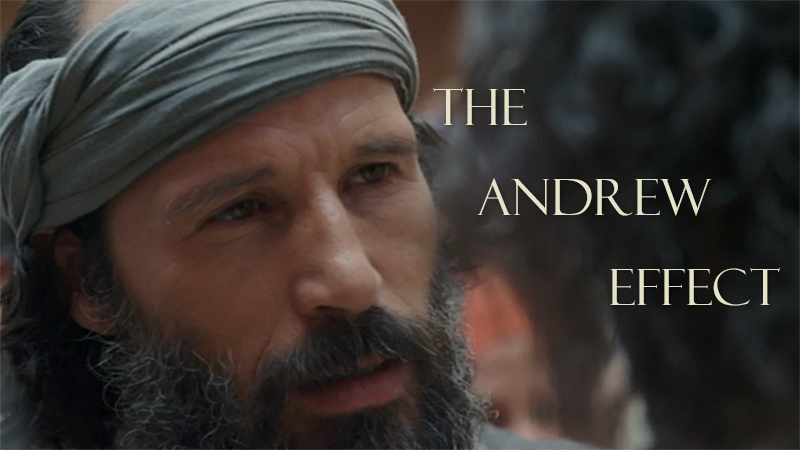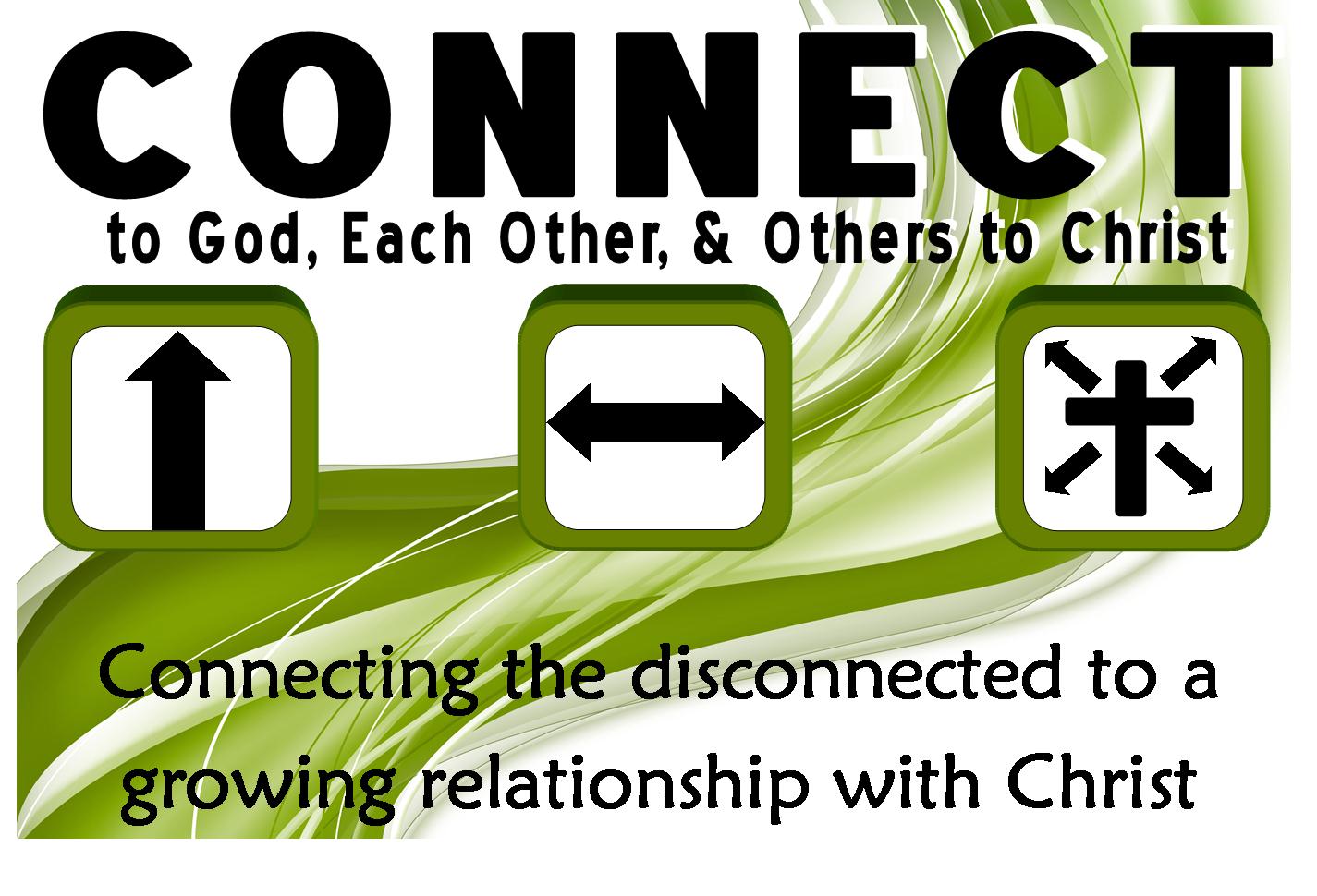

She was a young mom with two little kids in car seats blasting down the freeway in her black, upscale, SUV. She was going way too fast and not paying attention to what she was doing to the degree that she nearly hit me as she crossed over the lane marker going 75 on a toll road while texting on her iPhone 6. (Yes, she was so close to hitting me that I could tell the brand and model of her phone!) She was risking her high dollar vehicle and her priceless children because she had a text message that was so urgent to answer that she couldn’t wait a few minutes to respond! Isn’t that awful and thoughtless, but the reality of this story is that this is the world that we live in today….
This brings me to this point, None of us likes to wait. We want things in a hurry. More than a microwave world, we navigate a micro-second culture. We expect fast results. A Google® search across hundreds of thousands of documents takes microseconds. When we need a solution to a problem, we expect the fix to be a quick one.
This “get-it-quick” mentality permeates our approach to discipleship. When it comes to truth we want to apply, we want something that we can implement quickly and be effective immediately. We want 4 step recipes so we can mix things together and get the results we want without much time or trouble. Unfortunately, the important things of life and discipleship take time. We grow into them rather than just tacking them onto our busy lives. That’s partially why we find concepts like “The Andrew Effect” intriguing, but easily replaced by the newest religious fad or the shiniest new thing on the Christian bestsellers list.
More than a four step recipe, “The Andrew Effect” is a lifestyle based on four principles and the example of the apostle Andrew, who was always connecting people with Jesus. Lifestyle changes don’t happen quickly. They aren’t easy-to-fix recipes for busy lives. For the principles to make a difference in our lives, we must come share the passion Jesus has for people. This passion is the foundation of “The Andrew Effect.”
We see the Lord’s passion for people demonstrated throughout his ministry. One of the places where it is most clearly demonstrated is in John’s account of Jesus healing a man born blind (John 9:1-38). In the ongoing interactions of Jesus and the people around him, the Lord demonstrates how we must view people if we are to make a difference in their lives. We must come to see each person as someone in whom “the works of God might be displayed” (John 9:4).

Too often as human beings, we tend to view other people in ways that demean their value to God and reveal the diminished value we place upon them. In Jesus’ interaction with the man born blind, all the other people around the man viewed him as less than someone special to God.
The disciples viewed him as little more than a religious question:
“Rabbi, who sinned, this man or his parents, that he was born blind?” (John 9:1).
When we view someone as a religious question, we never have to address their spiritual needs or involve ourselves in their spiritual care. They are a question to be answered rather than a person to be loved. The discussion sounds religious, but we don’t have to “waste our time” or get overly involved with the person as a person.

The crowd who saw the man born blind regularly viewed him as little more than a label:
The neighbors and those who had seen him before as a beggar were saying, “Is this not the man who used to sit and beg?” (John 9:8 ESV).
When we view someone as a label, we never have to get to know them. You reduce them to a category, a group, and deal with them out of our prejudice toward that group.
The Pharisees saw the man born blind as a problem to be solved. Jesus had healed the man on the Sabbath. They claimed that such healing was a violation of their Sabbath law. Yet the sign Jesus performed was undeniable. The results of the sign were also a blessing to the man. In the process, Jesus had gained even greater notoriety as a healer from God through the events surrounding the sign. This result, of course, was problematic for the Pharisees who opposed Jesus and considered him a sinner:
Some of the Pharisees said, “This man [Jesus] is not from God, for he does not keep the Sabbath.”
But others asked, “How can a sinner perform such signs?” So they [the people] were divided (John 9:16).
The man — along with his needs and his human dignity — were completely lost in the discussion of the problem. The only use that the crowd or the Pharisees had for the man was to answer their questions as they tried to solve the problem. But as he answered their questions clearly and honestly, they grew angry with him. When we view a person as a problem to be solved, then we don’t have to involve ourselves with the person. Our only focus is solving the problem. We can feel good about ourselves as problem-solvers, and we never have to value the people caught in the middle of the problem.

The saddest of all views of the man born blind came from the man’s parents. They were brought into the situation by the Pharisees to determine if the man was really born blind and to see if Jesus was the one who “really” healed him. They were afraid of being thrown out of the synagogue and losing their relationships in society. Rather than defending their son against the religious bullies, they evaded their relationship with their son to protect themselves. They chose to view their own son as little more than a biological product:
“We know he is our son,” the parents answered, “and we know he was born blind. But how he can see now, or who opened his eyes, we don’t know. Ask him. He is of age; he will speak for himself.” His parents said this because they were afraid of the Jewish leaders, who already had decided that anyone who acknowledged that Jesus was the Messiah would be put out of the synagogue. That was why his parents said, “He is of age; ask him” (John 9:20-24).
When we view a person as little more than a biological product, we can treat them pretty much any way we want to treat them. We don’t even have to give them the right to be born or the right to be protected from harm or the right to find shelter or a safe place to live or a homeland or…

Aren’t we tempted to view people in these same categories today? Notice how the political discussions about people today in this election cycle view people. Notice how the news reporting of disasters view people. Notice how we tend to use “us” and “them” language. Notice how easily we slip into characterizations of people based on labels, categories, problems to be solved, and by their impact on us and our safety and our finances.
We must remember what these four false views, these anti-redemptive views, are and we must avoid them. Are we viewing people as
- A religious question?
- A label?
- A problem to be solved?
- Or a biological product?
- A Bad set?
- The Poor?
- The downcast?

If we are going to incorporate “The Andrew Effect” in our lives, we must go to Jesus and see how he viewed people differently. We must see people through the eyes of Andrew, realizing that each person needs to experience the power, love, and grace that come from a connection with Jesus and for the people still in need of Jesus’s transforming work, we have to pray continually believing that He will redirect them, work on them and change in His own timing and in His own way.
The Lord indicates this necessary perspective:
“Neither this man nor his parents sinned,” said Jesus, “but this happened so that the works of God might be displayed in him. As long as it is day, we must do the works of him who sent me. Night is coming, when no one can work. While I am in the world, I am the light of the world” (John 9:3-5).
Each person we meet is someone in whom the work of God needs to be displayed and the work of God is ongoing. Like Andrew, we should want to connect each person with Jesus. Unfortunately, we can view people through a filter that suggests they would never want to know him. We profile them out of a relationship with Jesus because they don’t fit. We use one of the several false views of people. We view them as a religious question, a label, a problem to be solved, or a biological product or other.
When we look through the Bible, we find all sorts of people no one would ever expect to honor God. However, these are the very people God used to change history, bring salvation, and restore hope. We cannot know what’s in the heart of people. We don’t know the plans God ultimately has for them. But, we do know this: each person needs the works of God to be displayed in his or her life. Each needs to be connected with Jesus. Each needs to come to believe in him and come to know his power, love, and grace. Every one of them needs an Andrew like you to connect them with Jesus! So when will you start connecting people to Jesus? What will you do? If you are unsure of what to do, a good start would be to direct them to this site…by tweeting it to them, sharing it on facebook, sending it to them on the email, or finding other creative ways to introduce them and connect them to Jesus! Each of us can be like Andrew, but it won’t work if we don’t…So when will you start working to connect others to Jesus? If not now when? Daily Jesus helps you, when will you start helping him by connecting others to Him?















